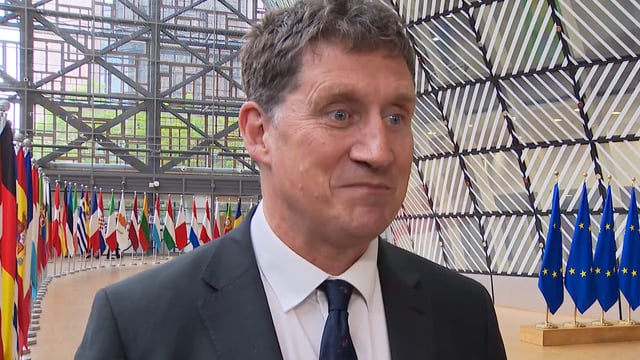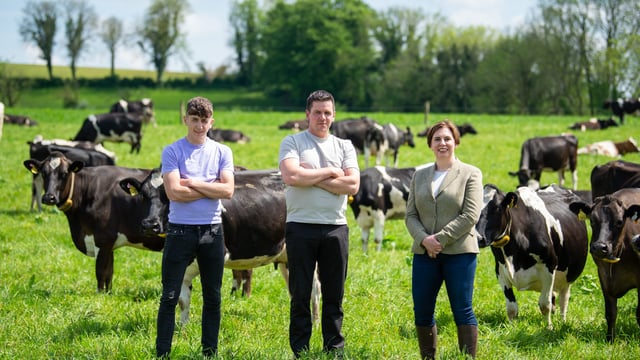Commission clarifies support for farmers during extreme weather events
The EU Commission has today (Thursday, May 30) clarified the use of force majeure and support during extreme weather events.
The communication clarifies that force majeure can apply to all farmers working in a delimited area that is affected by meteorological events or natural disasters.
The concept of force majeure allows farmers who have been unable to fulfil all their Common Agricultural Policy (CAP) requirements due to exceptional and unforeseeable events outside their control not to lose payments.
In could be the case in regions with continuous rainfall, which may have different effects on areas with a slope, or soils with different water retention capacities, according to the commission.
It could also be the case for extreme weather events, such as frost which may not affect some crops more than others.
Generally force majeure is decided on a case-by-case or farm-by-farm basis, however under the communication, farmers located in impacted areas will not need to fill in individual requests.
Member States can rely on satellite data of the area concerned, without the need for specific satellite data at the level of the individual holdings, according to the EU Commission.
The application of the concept is decided by Member States based on relevant evidence and in light of Union agricultural law.
Commissioner for Agriculture, Janusz Wojciechowski said: "Farming is one of the most exposed professions to climate change and its consequences.
"With unforeseen extreme climatic events, farmers risk losing everything they have worked for."
"Our clarification today brings certainty that they could still receive their CAP payments, even if they are unable to meet all their usual obligations," the commissioner for agriculture added.
This communication aims to reduce the administrative burden for farmers and national authorities, while facilitating a swift response by Member States.
It forms part of the package of to reduce administrative burden for EU farmers.
The Commission will remain in contact with Member States to provide legal guidance whenever necessary.





